Deck & Commander Strategies
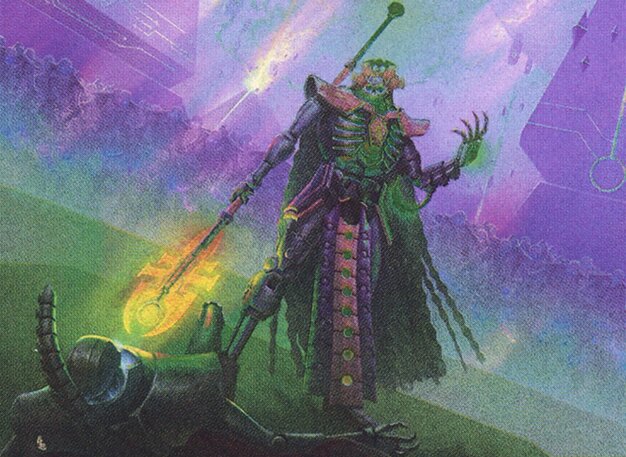
Imotekh the Stormlord
Generate artifact creatures and fill the graveyard with artifacts to resurrect them, creating a flood of Necron tokens. Use these tokens and artifact synergies for board control and incremental value.
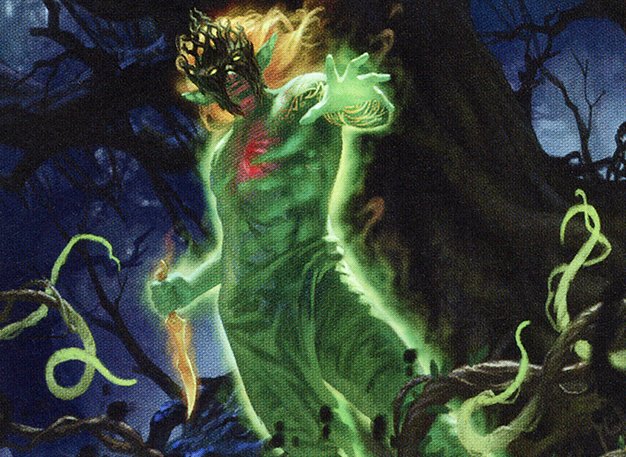
Obuun, Mul Daya Ancestor
Leverage landfall triggers to produce large creatures and token armies. Utilize lands to ramp and trigger Obuun’s abilities for aggressive board presence.
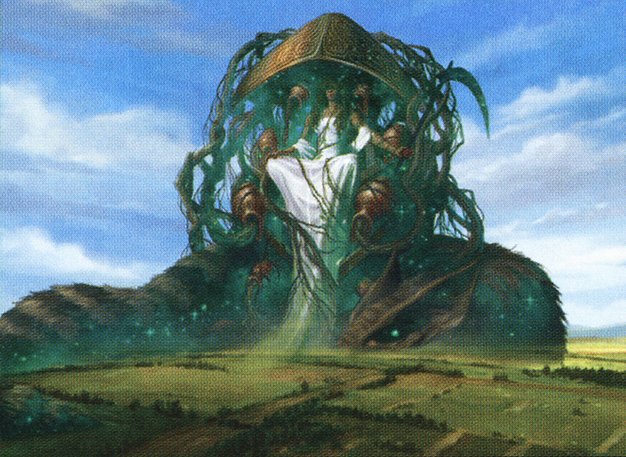
Karametra, God of Harvests
Ramp heavily through lands and enchantments to draw cards and cast powerful creatures. Use ramp and enchantment synergies to maintain card advantage and resource acceleration.

Yarok, the Desecrated
Double landfall and ETB triggers to generate value and tokens. Control the board by forcing attacks and leveraging death touch and lifeline effects on creatures.
Gameplay Insights
- 1
Imotekh utilizes Mystic Forge to filter draws and cast artifacts directly from the top of the library, enabling efficient artifact-based token generation.
- 2
Players prioritize ramp and landfall triggers to build mana bases and generate incremental value rather than rushing for early kills.
- 3
Targeted removal of enchantments like Wizard Class is used to limit opponents’ card draw and slow their momentum.
- 4
Yarok’s ability to double ETB and landfall triggers leads to strong board presence and control through forced attacks and lifelink creatures.
- 5
The game highlights the importance of managing devotion and mana pools to activate powerful abilities such as Knight of the Reliquary’s land tutoring and Imotekh’s token creation.
Notable Cards
-

Imotekh the Stormlord
-
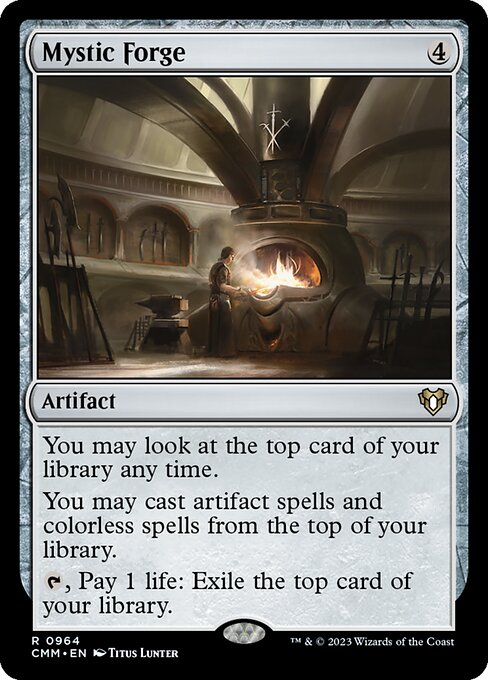
Mystic Forge
-
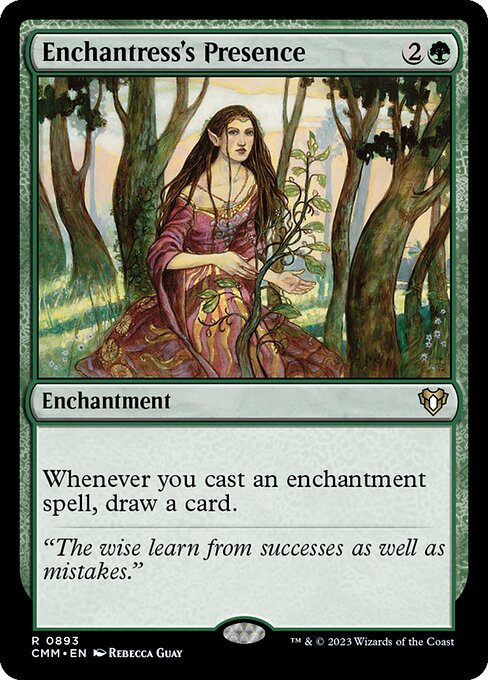
Enchantress's Presence
-
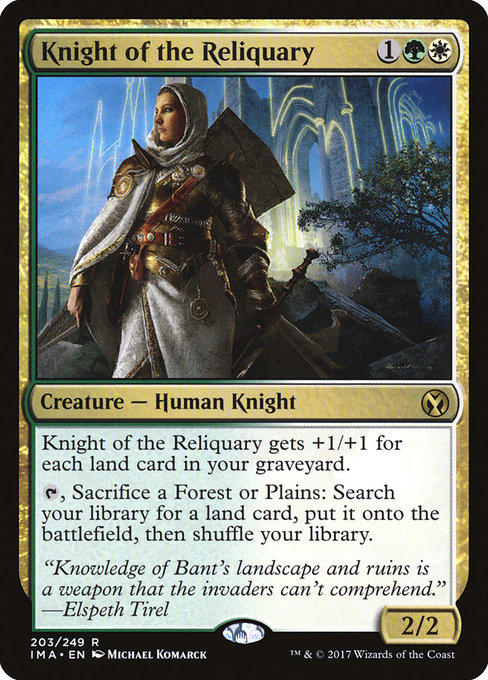
Knight of the Reliquary
-
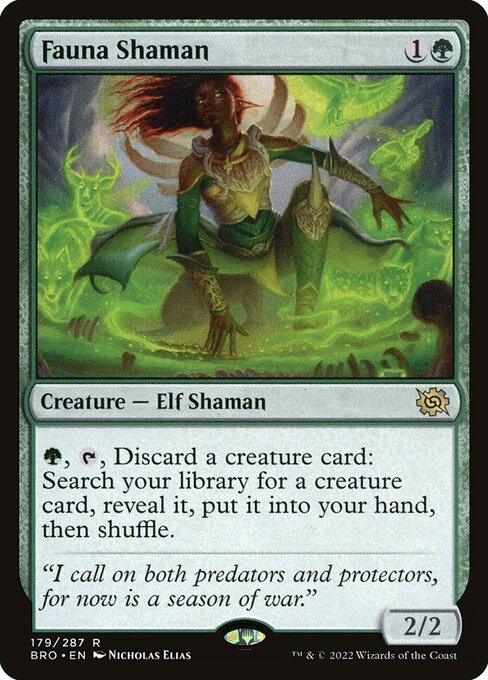
Fauna Shaman
-
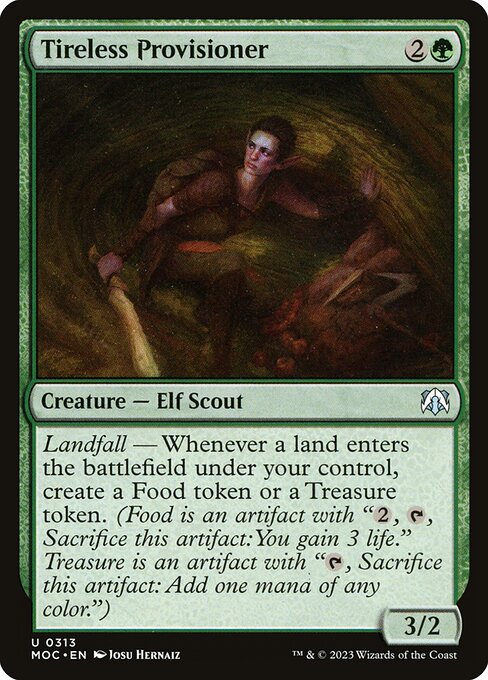
Tireless Provisioner
-
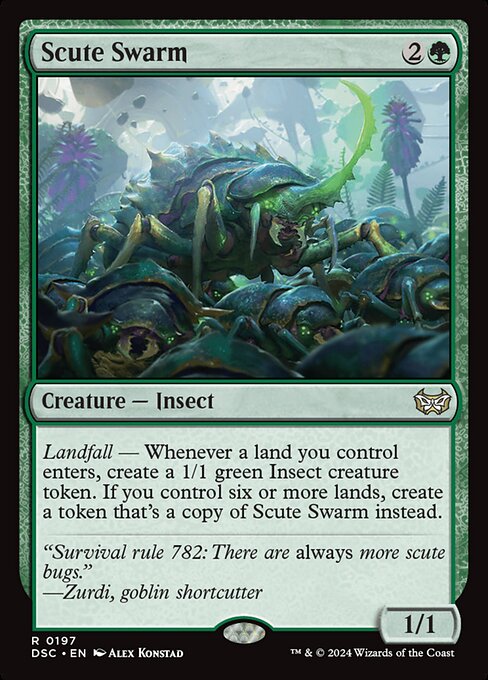
Scute Swarm
-

Yarok, the Desecrated
-

Karametra, God of Harvests
Gameplay Summary
The game features a clash between four commanders, with Imotekh the Stormlord focusing on artifact recursion and token creation, Obuun, Mul Daya Ancestor and Yarok, the Desecrated leveraging landfall synergies, and Karametra, God of Harvests emphasizing ramp and enchantment-driven card draw.
Early turns involve ramping and establishing board presence with lands and utility creatures, including multiple landfall triggers and artifact synergies.
Imotekh quickly establishes a board state with Necron tokens generated from artifact recursion, while the landfall decks steadily build value through treasures, food tokens, and various landfall triggers that create creatures and generate ramp.
Karametra ramps heavily, playing enchantments and creatures to draw cards and accelerate mana production. Key turning points include Imotekh casting Mystic Forge to smooth artifact draws and enable continuous casting, and Yarok capitalizing on doubling landfall and ETB triggers to amass a threatening board.
The game involves strategic removal decisions, such as choosing to destroy Wizard Class to limit card advantage.
The players activate various combos with cards like Knight of the Reliquary and Fauna Shaman to tutor lands and build mana bases for bigger plays.
Combat phases show selective attacks focusing on critical threats, with Yarok forcing attacks on indestructible creatures.
The game is a slow build toward overwhelming board states through synergies rather than quick combo kills, with the artifact and landfall engines competing for dominance and resource advantage.



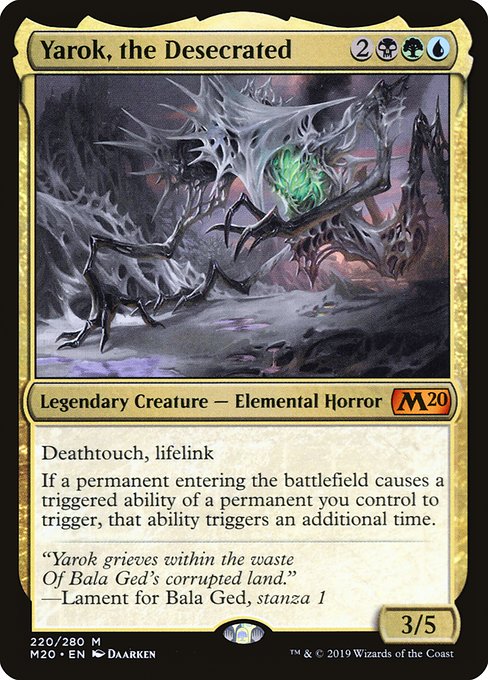




















![Warhammer 40,000 Upgraded [Commander VS 313] | Magic: the Gathering Commander Gameplay thumbnail](https://i.ytimg.com/vi/C5lxkOuAUw0/sddefault.jpg)










![Planechase Party [Commander VS 304] | Magic: the Gathering Commander Gameplay thumbnail](https://i.ytimg.com/vi/CkGLzCD115Q/sddefault.jpg)



![Commander VS S16E3: Kethis VS Atemsis VS Yarok VS Omnath [EDH] thumbnail](https://i.ytimg.com/vi/dJ1gCDF5tlI/sddefault.jpg)












